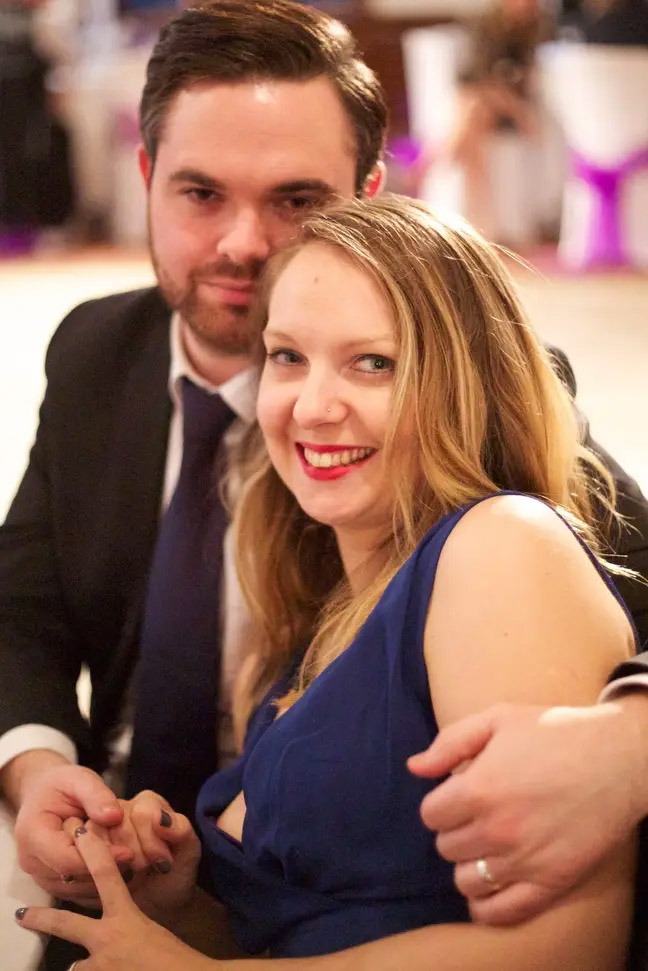In 2020, Mumsnet and the childbirth charity Birthrights found that a quarter of moms felt their decisions were not respected when giving delivery. In reality, only 45 percent of those polled felt they were the major decision-maker in their care.
While women should be able to make their own decisions throughout pregnancy and labor, it appears that this is not always the case.
A review of the disastrous failings at Shrewsbury and Telford Hospital NHS Trust concluded in April last year that more than 200 newborns may have been spared if they had gotten better maternity care.
The Ockenden Review found that many women should have been given a cesarean, but there was a “culture of reluctance to perform cesarean sections resulted in many babies dying’.
Instead, women experienced traumatic deliveries, allowing the trust to maintain lower-than-average cesarean section rates.
In fact, the report noted that women ‘appeared to have little or no freedom to express a preference for cesarean section or exercise any choice on their mode of delivery’.
Meanwhile, last year, a now-deleted article on the website of the National Childbirth Trust (NCT) suggested mothers were ‘more likely to feel content with labor’ and ‘less likely to have psychological problems like depression’ if they had a vaginal delivery.
The pages were removed four days before The Ockenden Review was released, according to me.

Allegra, 39, alleges she was judged and shamed for her pain treatment preferences during an NCT session she completed in 2018 when she was rebuked for seeking an epidural.
Although on the NCT website, the charity explains: “NCT wants to empower you to decide which information to trust and confidently make decisions that are right for you and your family. We are not here to tell you what to think, we don’t provide clinical advice and we won’t promote one way over another,” Allegra claims her experience was quite different.
“I left my first NCT session in tears, I said I wanted an epidural and the class leader was really rude about it and kept picking on me for the rest of the session,” Allegra tells Tyla.
“She gave me a massive lecture on pain relief. I was 34 at the time but there was a girl in there who was in her early twenties and she told me afterward she felt really frightened about having pain relief. She had her baby without pain relief and said she regretted it massively.
“There seems to be a real pressure among some for ‘natural’ birth and I find it strange. I think there’s a real overhang of old attitudes that women should suffer in childbirth, you should be in pain and it should be hard or you’re not doing it properly.
“I had an epidural and it was glorious. It was wonderful, I had a really relaxed birth, and I wasn’t exhausted from being in agony or worn down by it all. I could just relax. I recovered a lot quicker too.
“I know people who felt bullied into not having pain relief, one of my friends wasn’t even allowed gas and air and went on to suffer PTSD from a traumatic birth as a result.”
Allegra reveals that one of her classmates had been scheduled for an elective c-section owing to the size of her baby. Despite the section being required for medical reasons, Allegra claims that the class leader chose to arrange a role-play session of what happens in theatre after a cesarean.
“There was another woman who had been booked in for an elective cesarean section because she was having an 11lb baby. She was fine with it, but in the second class we had they acted out what a c-section birth would be like,” she continues.
“Everyone had a different role and she kept saying ‘doesn’t this feel like too many people’ and ‘doesn’t this feel so overwhelming with all these people standing around you’. She knew this woman was definitely having a cesarean but still did a big performance about it being ‘so scary, so overwhelming [and] really intrusive’.
“Many mums think if they have a c-section they’re ‘not really giving birth’. Women should be built up and given them coping tools to prepare them as best they can, not starting off from a part of already struggling.”



